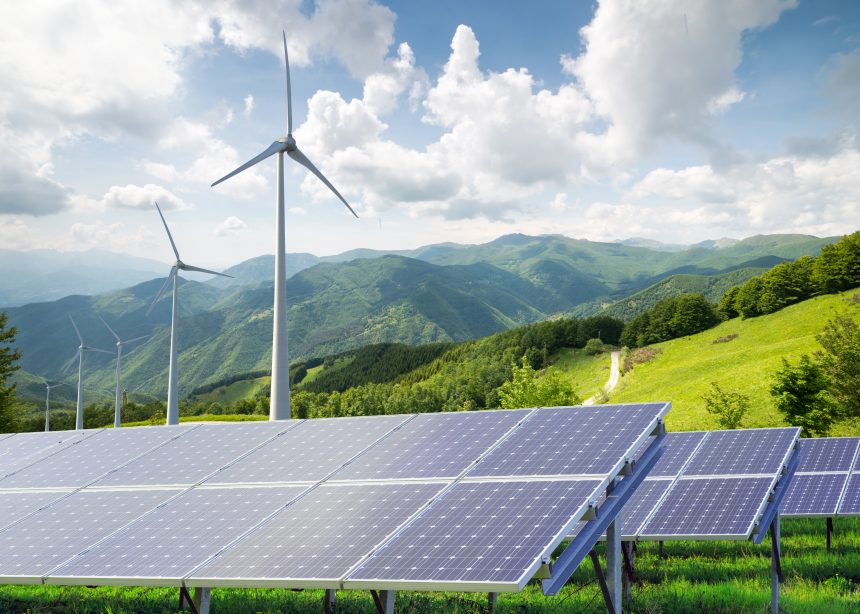The focus of the world has shifted to renewable energy as a vital component in the pursuit of environmental sustainability in response to growing worries about climate change. Advances in solar, wind, and hydropower technologies portend a day when we become less reliant on fossil fuels, emissions decline, and the state of our world significantly improves. This talk explores the rapidly developing field of renewable energy, highlighting important technical developments, their potential impact on the world energy system, and the obstacles standing in the way of a more environmentally friendly future.
Innovations Driving the Renewable Energy Revolution
The renewable energy industry is poised for a technical Renaissance, characterized by notable advancements in efficiency and scope. With breakthroughs in light conversion and harnessing such as bifacial solar panels and perovskite materials, solar energy is leading the way. With the introduction of massive turbines that promise electricity production even in the mildest winds, wind energy is not far behind. In the meanwhile, small-scale and “run-of-the-river” projects increase the adaptability and environmental friendliness of hydroelectric power, highlighting the trend toward more flexible and unobtrusive renewable sources.
Restructuring the Energy Environment
These ground-breaking discoveries are expected to reshape the world energy market and establish renewable energy sources as strong competitors to fossil fuels. The shift to a sustainable energy economy is happening much faster because of the falling prices of renewable technologies, which are being boosted by rising investments and encouraging legislative frameworks. Countries with a wealth of renewable energy resources are poised to take the lead in the new global energy order and experience economic revival. But for areas that have historically relied on oil and gas, this change poses serious difficulties, underscoring the urgent need for economic diversification and renewable energy investment.
Getting Around on the Renewable Path: Many Obstacles
The path to becoming the dominant source of renewable energy is not without difficulties, despite the bright future. Because solar and wind energy are inherently erratic, creative energy storage and grid management strategies are necessary to provide a steady power supply. The search for efficient batteries and storage technologies is critical, requiring advancements in both performance and price. In addition, the transition to renewable energy necessitates extensive infrastructure renovations, which will need large expenditures and cross-sector cooperation.
The generation of renewable energy has an environmental footprint that requires careful planning to reduce, especially when it comes to raw material extraction and land utilization. Furthermore, embracing renewable energy in poor countries presents both financial and technical challenges, making it difficult to close the global equity gap in the energy transition.
Imagining a Future with Renewable Energy
The promise of resilience and sustainability illuminates the path towards a future driven by renewable energy sources. Achieving this promise will require overcoming several cultural, technological, and financial obstacles. It calls for a concerted effort on the part of international governments, businesses, and civil society to support research, policy development, and international collaboration. It is essential that we not only utilize renewable energy throughout this transition, but also do it in a way that promotes economic inclusion, environmental stewardship, and a healthier, brighter future for the earth.








